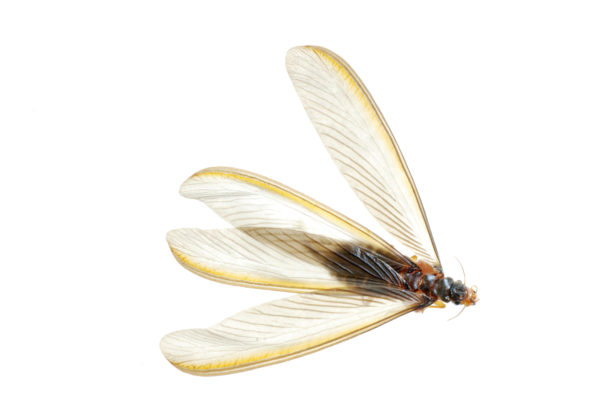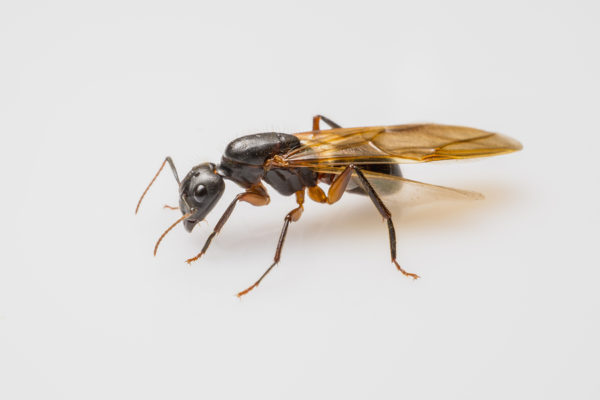READY TO GET STARTED?
REQUEST A FREE ESTIMATE
Fill out the form below or call (888) 466-7849 for a free, no-obligation estimate.

The change of season from winter to spring brings warm weather, sunshine, and … bugs! This is the time of year when many pests emerge from overwintering and begin the mating process. Spring is also known as swarm season – because this is the time when termites and flying ants emerge in droves, sometimes in swarms of thousands! While flying ants can cause problems in and around your home, termites are much more common – and much more costly! How can you tell if those swarming insects are terrible termites or flying ants? Check out our handy reference below for the key differences between the two, as well as what to do if you have these pests swarming in or near your home.

Termites usually swarm once a year for reproduction and expansion of their colonies. Swarms mark the official beginning of termite season. Subterranean termites swarm in spring and during the daytime. Drywood termites swarm in late summer and early fall. Dampwood termites swarm in the summer.
Termites swarm after their colony reaches a certain size and the weather conditions are optimal. The termites are attracted to light and are often found near windows and light fixtures. Swarming termites will try to squeeze through racks and crevices in your walls and foundations to try and reach open air. If you see swarming termites then there is a good chance there is a well-established termite colony in or near your home.

Flying ants will swarm in late spring and early summer. They have to have bright sunlight, low winds, high humidity, and warm temperatures to swarm. They prefer to swarm after there has been 3 to 5 days of rain.
Flying ants swarm for the same reasons as termites – to reproduce and expand their colonies. Flying ants don’t represent any greater threat to humans than their wingless counterparts. Flying ants aren’t as significant a threat to your home as termites but they can still cause damage. If you have flying ant swarms in your home there is a good chance you have an established ant colony in your walls.
So now that you can identify exactly what kind of pest is swarming around your home, what should you do next?
Categories